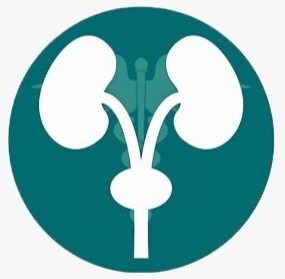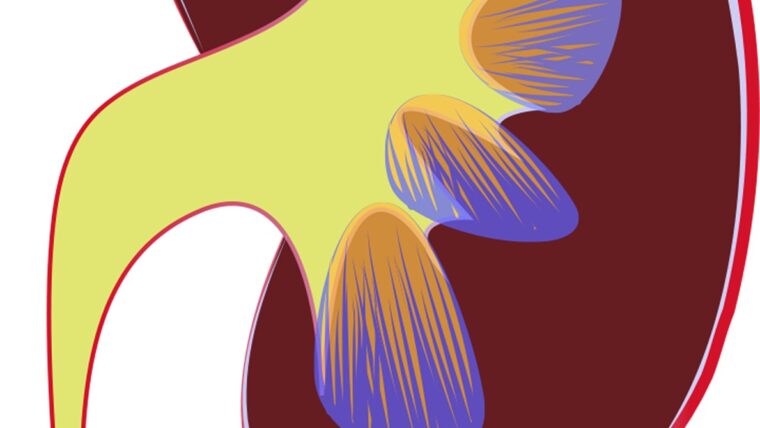Kidney stones are a common urologic condition that affects millions of people worldwide. They are formed when minerals and salts in the urine accumulate and solidify in the kidneys. The resulting stones can cause pain, discomfort, and other complications if not properly managed. Preventing the recurrence of kidney stones requires a combination of lifestyle modifications and medications. In this article, we will discuss the strategies you can adopt to reduce your risk of developing kidney stones and the medications that can help manage them.
Lifestyle Modifications:
One of the primary ways to prevent kidney stones is to make certain lifestyle changes. The following are some of the modifications you can make to reduce your risk:
- Drink plenty of water: Drinking water throughout the day can help flush out the minerals and salts that lead to kidney stones. Doctors usually recommend drinking enough fluids to pass about 2 liters of urine a day. If you live in a hot, dry climate or exercise frequently, you may need to drink even more water to produce enough urine. If your urine is light and clear, you’re likely drinking enough water.
- Limit oxalate-rich foods: If you are prone to forming calcium oxalate stones, limiting foods rich in oxalates can help significantly. These include rhubarb, beets, okra, spinach, Swiss chard, sweet potatoes, nuts, tea, chocolate, black pepper, and soy products.
- Follow a low-salt and low-animal protein diet: Reducing the amount of salt and non-animal protein sources, such as legumes, can help. Consider using a salt substitute.
- Eat calcium-rich foods but use caution with calcium supplements: Calcium in food does not affect your risk of kidney stones. However, taking calcium supplements has been linked to an increased risk of developing kidney stones. You can reduce the risk by taking supplements with meals. Diets low in calcium can increase kidney stone formation in some individuals. Referral to a dietitian can help you develop an eating plan that decreases the risk of stones.
Medications:
Medications can help control the amount of minerals and salts in the urine and are useful for people who form certain kinds of stones. Here are some examples:
- Calcium stones: To prevent calcium stones, your doctor may prescribe a thiazide diuretic or a phosphate-containing preparation.
- Uric acid stones: Allopurinol can reduce uric acid levels in your blood and urine, and a medicine can keep your urine alkaline. In some cases, allopurinol and an alkalizing agent may dissolve the uric acid stones.
- Struvite stones: To prevent infection stones, strategies to keep your urine free of bacteria that cause infection, including drinking fluids to maintain good urine flow and frequent voiding, are recommended. In rare cases, long-term use of antibiotics in small or alternating doses may help achieve this goal. Doctors may recommend an antibiotic before and for a while after surgery to treat your kidney stones.
- Cystine stones: Along with suggesting a diet lower in salt and protein, your doctor may recommend that you drink more fluids so that you produce a lot more urine. A medication that increases the solubility of cystine in your urine may also be prescribed.
FAQs
How can I tell if I have a kidney stone?
Symptoms of kidney stones include severe pain in the side and back, pain that radiates to the lower abdomen and groin, pain during urination, and frequent urination.
Are all kidney stones the same?
No, there are different types of kidney stones, including calcium stones, uric acid stones, struvite stones, and cystine stones. The treatment and prevention approach may vary depending on the type of stone.
Can drinking too much water lead to kidney stones?
While it is rare, excessive water intake can lead to a condition called hyponatremia, which is when the sodium levels in the blood become too diluted. However, for most people, drinking plenty of water is an important part of kidney stone prevention.
Conclusion
Kidney stones can be a painful and debilitating condition, but with the right approach, they can be prevented. Diet and lifestyle modifications, such as drinking plenty of water, limiting oxalate-rich foods, and reducing salt and animal protein intake, can all help reduce the risk of kidney stone formation and recurrence. In some cases, medication may also be necessary to control the quantity of minerals and salts in the urine. If you have a history of kidney stones or are at risk for developing them, talk to your doctor or a registered dietitian to develop an eating plan that works for you.




